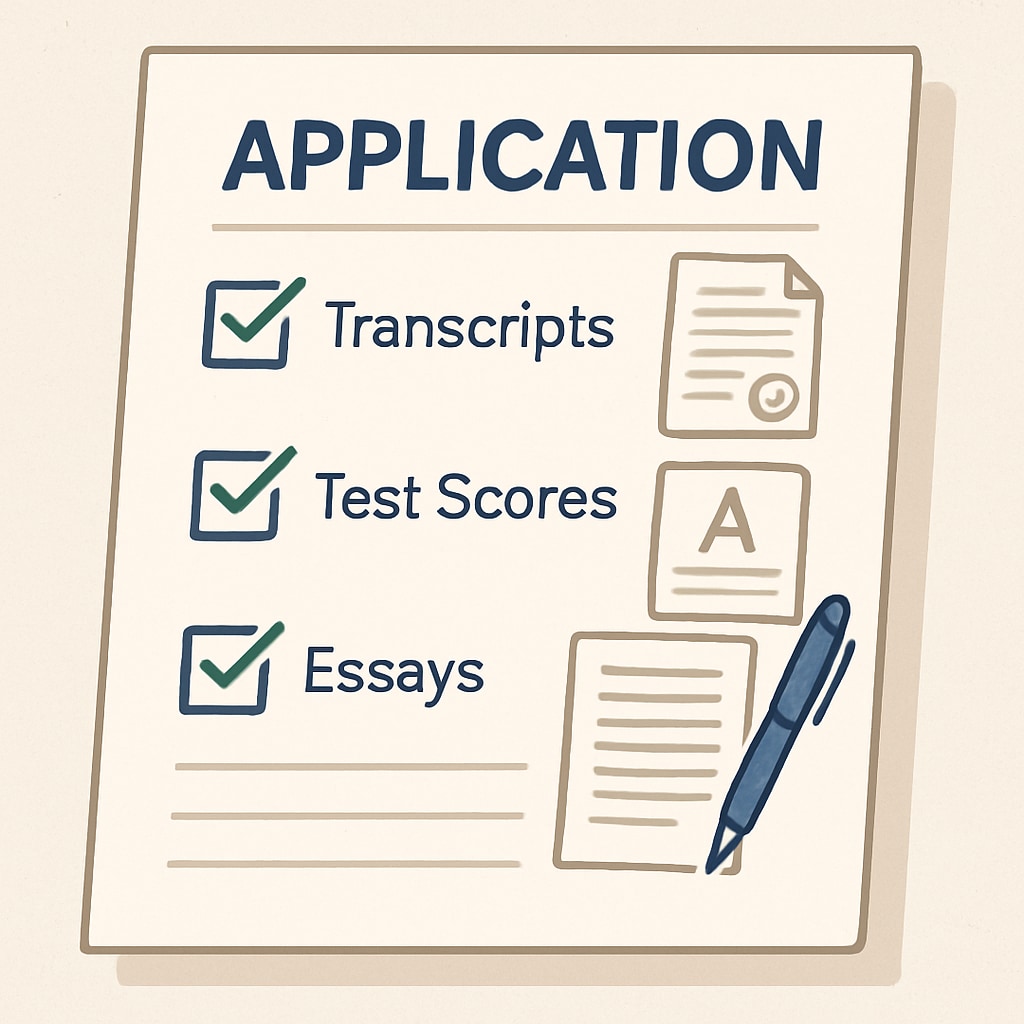Data science has become one of the most sought-after disciplines in the 21st century, attracting students worldwide. For international students aiming to pursue a bachelor’s degree in data science at a U.S. university, understanding the admission requirements is critical. This article will break down the key elements of the application process, including IGCSE recognition, standardized tests, and essential strategies to help you succeed.
Understanding the IGCSE and Educational Background Requirements
The International General Certificate of Secondary Education (IGCSE) is widely accepted by U.S. universities. However, students must ensure that their qualifications meet the specific admission criteria of their chosen institutions. Most universities require a combination of IGCSE and A-Level results or equivalent qualifications, such as IB (International Baccalaureate) diplomas. Additionally, a strong foundation in mathematics, statistics, and computer science is often expected, as these subjects are pivotal for success in data science programs.
To verify whether your educational background aligns with U.S. admission standards, consult the university’s international office or admission guidelines. Some universities may also require credential evaluations from agencies like World Education Services (WES).

Standardized Tests: SAT, ACT, and English Proficiency Exams
Standardized tests are a common requirement for undergraduate applications in the United States. Most universities accept the SAT or ACT, and some may require SAT Subject Tests in areas like mathematics or physics. It’s crucial to check if your target university has made these tests optional due to recent policy changes.
In addition, international students must demonstrate English language proficiency. Commonly accepted exams include the TOEFL (Test of English as a Foreign Language) and IELTS (International English Language Testing System). Minimum score requirements vary by institution but typically range between 80-100 for TOEFL and 6.5-7.0 for IELTS.
To prepare effectively:
- Take practice tests for SAT/ACT and familiarize yourself with test formats.
- Enroll in English language preparation courses if needed.
- Plan your test dates to allow time for retakes, if necessary.
Application Process: Step-by-Step Guide
The application process for U.S. universities can be intricate, but breaking it down into clear steps makes it more manageable:
- Research Universities: Identify institutions with strong data science programs. Consider factors like curriculum, faculty expertise, and research opportunities.
- Prepare Documents: Gather transcripts, recommendation letters, a personal statement, and test scores.
- Submit Applications: Use platforms like the Common App or Coalition App to apply to multiple universities.
- Apply for Scholarships: Explore financial aid options specifically for international students.
- Track Deadlines: Keep a checklist of application and scholarship deadlines to avoid missing critical dates.

Top Universities for Data Science in the U.S.
Several U.S. universities are renowned for their data science programs. Here are a few to consider:
- Massachusetts Institute of Technology (MIT): Known for its cutting-edge research and interdisciplinary approach to data science.
- Stanford University: Offers a world-class curriculum with strong industry connections in Silicon Valley.
- University of California, Berkeley: Home to the Division of Data Sciences, which integrates computer science, statistics, and domain expertise.
- Carnegie Mellon University: Focuses on both theoretical and practical aspects of data analytics and machine learning.
- University of Michigan: Provides a comprehensive undergraduate program with opportunities for hands-on learning and internships.
For more information on these institutions, visit their official websites or consult reliable resources like the U.S. News Best Colleges Rankings.
Final Thoughts
Applying for a data science bachelor’s degree as an international student involves careful planning and preparation. By understanding the admission requirements, including IGCSE recognition, standardized tests, and application strategies, you can enhance your chances of success. Additionally, choosing the right university and leveraging available resources will lay a strong foundation for your academic and professional journey in data science.
With determination and a well-structured application, the path to a rewarding career in data science is within reach. Good luck!


